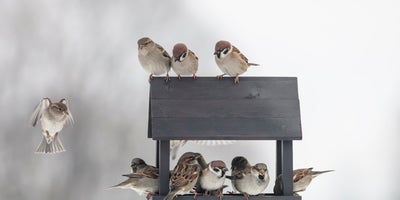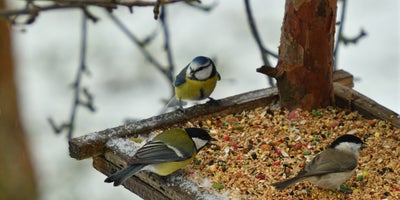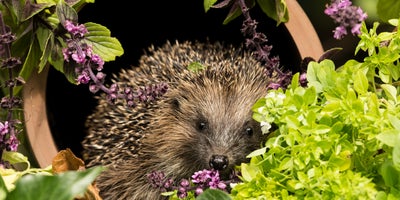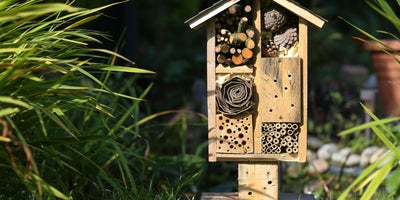Watching out for wildlife
![Watching_out_for_wildlife_]Title.jpg](https://eu-images.contentstack.com/v3/assets/blt066259863543a0d2/blt5c12141ae8b2fa5b/6419b4cdf2d4be12b71c040a/Watching_out_for_wildlife_]Title.jpg?format=pjpg&auto=webp&dpr=1&width=400&crop=2:1&quality=85)
During winter months most animals go into hibernation, but not all. During the colder months, local wildlife may face several challenges that impact their survival and well-being. The harsh winter conditions often result in limited food sources, forcing animals to rely on stored reserves or migrate to areas with abundant resources. Many animals adapt to the changing conditions by hibernating or migrating, while others must battle the elements in search of sustenance. By being mindful of our gardening practices and providing natural resources such as shelter and food, we can create a supportive environment for wildlife in our backyard, promoting biodiversity and fostering a healthy ecosystem even during the coldest months.






